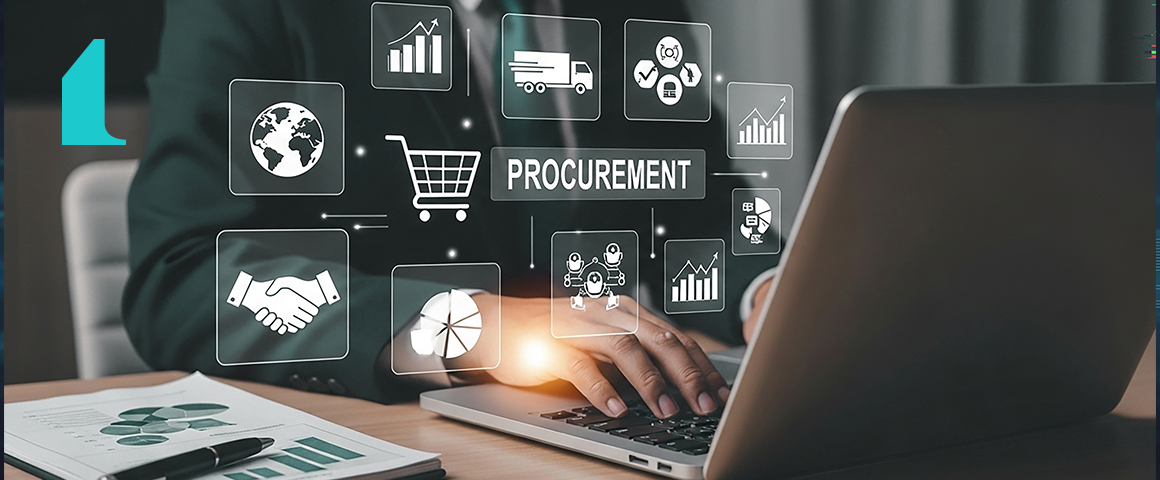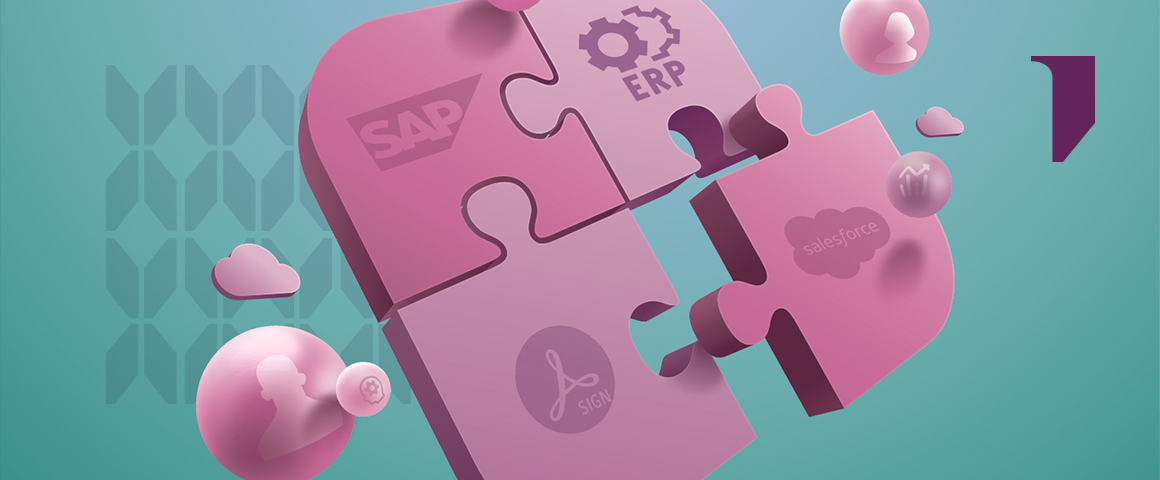Contract Renewal Management Software – How to choose?
Is contract renewal just about keeping an eye on deadlines? While there are agreements that can indeed be tracked with a tiny calendar entry, a document of hundreds of pages can contain countless clauses that are essential to know but almost impossible to track manually.
In this article, we’ll show you what you need to consider when choosing the right contract renewal software for your business.
What are Contract Renewals?
Contract renewals represent a critical juncture in the contract lifecycle, where organizations have the opportunity to reevaluate and renegotiate the terms of their existing agreements. As contracts approach their expiration dates, businesses must decide whether to renew, modify, or terminate these arrangements, considering changes in their requirements, budgets, or strategic objectives.
Ineffective renewal management can expose organizations to significant risks, including service disruptions, legal complications, financial losses, and missed opportunities for cost savings or improved terms. Without proper processes and tools in place, crucial renewal deadlines can easily be overlooked, leading to unintended auto-renewals or lapses in contractual coverage.
Implementing a robust contract renewal management strategy, supported by specialized software solutions, enables organizations to stay ahead of renewal dates, streamline review processes, and make informed decisions regarding contract extensions or renegotiations. By proactively managing renewals, businesses can mitigate risks, maximize value, and maintain strong relationships with their contractual partners.
The Pitfalls of Manual Contract Renewal Processes
Organizations that rely on manual processes for contract renewal management often find themselves grappling with a myriad of challenges, exposing them to increased risks and inefficiencies.
Scattered Contract Data
Contract information is frequently scattered across various systems, repositories, and individual inboxes, making it an arduous task to locate and consolidate all relevant details. This fragmentation not only impedes the ability to track and manage renewals effectively but also increases the likelihood of overlooking critical deadlines or terms.
Without a centralized contract repository, organizations struggle to maintain a comprehensive view of their contractual obligations and renewal timelines.
Lack of Automated Reminders
Manual contract renewal processes often lack robust reminder mechanisms, leaving organizations vulnerable to missed deadlines. Relying on manually maintained spreadsheets, calendars, or ad-hoc notifications can lead to oversight or miscommunication, resulting in unintended auto-renewals or lapses in contractual coverage.
The consequences of missing renewal dates can be severe, ranging from service disruptions and legal complications to financial losses and strained business relationships.
Resource-Intensive Manual Reviews
Conducting thorough contract reviews to assess renewal decisions is a resource-intensive endeavor when undertaken manually. Legal teams and subject matter experts must dedicate significant time and effort to reviewing each contract, identifying key clauses, evaluating performance, and assessing the alignment with current business needs.
This manual process is not only time-consuming but also susceptible to errors, potentially leading to ill-informed renewal decisions or delays in executing necessary actions.
Key Features to Look for in Contract Renewal Management Software
When evaluating renewal management solutions, organizations should prioritize features that address the specific challenges of contract renewal processes and provide comprehensive capabilities to streamline and optimize operations.
Centralized Contract Repository
A centralized contract repository is a crucial feature that addresses the issue of scattered contract data. By consolidating all contract information into a single, secure, and easily accessible location, organizations can gain complete visibility over their contractual obligations, renewal dates, and associated documents.
This centralized approach eliminates the need for manual data consolidation and ensures that contract managers and stakeholders have access to the most up-to-date information, facilitating better decision-making and collaboration.
Automated Reminders and Notifications
Robust automated reminders and notifications are essential for effective contract renewal management software. These features proactively alert relevant stakeholders about upcoming renewal dates, tasks, and milestones, minimizing the risk of missed deadlines or unintended auto-renewals.
By configuring customizable contract renewal reminder software, organizations can tailor notifications to their specific requirements, ensuring that critical information reaches the appropriate teams and individuals on time. This automated approach reduces the reliance on manual tracking and improves overall contract renewal preparedness.
Renewal Workflow Automation
Contract renewal management software should offer powerful workflow automation capabilities to streamline and standardize the renewal process. By defining and automating tasks, approvals, and document flows, organizations can ensure consistent execution, reduce manual effort, and minimize errors.
Automated workflows can guide stakeholders through the necessary steps, from initiating reviews and gathering approvals to executing contract renewals or renegotiations. This approach not only enhances efficiency but also promotes accountability and transparency throughout the contract renewal lifecycle.
Reporting and Analytics
Comprehensive reporting and analytics features are invaluable for gaining insights into contract renewal data, identifying risks, and making informed decisions. Renewal management solutions should provide customizable dashboards, real-time reports, and advanced analytics capabilities, enabling organizations to track key performance indicators, monitor renewal deadlines, analyze spend, and identify opportunities for optimization.
Analytics capabilities support businesses in proactively managing their contract renewal strategy, mitigating risks, and driving continuous improvement in their contract management processes.
By selecting a contract renewal management software solution that incorporates these essential features, organizations can unlock significant benefits, including improved visibility, enhanced operational efficiency, reduced risks, and better-informed decision-making throughout the contract renewal lifecycle.
Compliance and Security
Make sure your renewal management solutions include robust compliance and security features. The software must comply with relevant regulations (e.g. GDPR, HIPAA) to protect sensitive data. Look for features such as encryption, access controls, and audit trails to protect contract data. Secure cloud storage options and regular security updates are also important.
By prioritizing compliance and security, companies can avoid legal complications, protect themselves from data breaches, and maintain the trust of their customers and partners.
AI and Machine Learning
Use AI and machine learning in your contract renewal management software to increase efficiency and accuracy. AI can analyze large amounts of contract data, identify patterns, and predict renewal outcomes, while machine learning algorithms can suggest optimal terms and highlight potential risks. These technologies streamline the renewal process by automating repetitive tasks, reducing human error, and providing actionable insights.
Best Practices for Implementing Contract Renewal Management Software
Successful implementation and adoption of renewal management solutions require a strategic approach that involves key stakeholders, addresses data migration challenges, and emphasizes continuous improvement.
Stakeholder Involvement and Training
Engaging stakeholders from various departments, such as legal, procurement, finance, and business units, is crucial for ensuring a smooth transition to the new software solution. By involving these stakeholders early in the implementation process, organizations can gather valuable insights, address specific requirements, and obtain buy-in from all parties impacted by the contract renewal process.
Providing comprehensive training and support is also essential to ensure that users are equipped with the knowledge and skills necessary to leverage the software’s capabilities effectively.
Data Migration and Integration
Migrating existing contract data into the new renewal management system is a critical step that requires careful planning and execution. Organizations should develop a data migration strategy that addresses data quality, formatting, and compatibility issues.
Additionally, integrating the contract renewal software with other business applications, such as enterprise resource planning (ERP) systems, customer relationship management (CRM) tools, and financial systems, can facilitate seamless data flow and enhance overall operational efficiency. Ensuring data integrity and interoperability across systems is crucial for maximizing the benefits of the software investment.
Continuous Improvement and Optimization
Implementing contract renewal management software is not a one-time event; it is an ongoing journey of continuous improvement and optimization. Organizations should establish processes for regularly reviewing and refining their contract renewal workflows, leveraging user feedback, and incorporating best practices.
By monitoring key performance indicators, analyzing bottlenecks, and identifying areas for enhancement, businesses can continually optimize their contract renewal processes, leveraging the software’s capabilities to drive greater efficiency, risk mitigation, and value realization.
Key Takeaways
Choosing the right contract renewal management software is crucial for your business. Here are the key takeaways:
- Centralized contract repository: Keep all contract data organized and accessible to maintain visibility over obligations and timelines.
- Automated reminders and notifications: Ensure the software offers robust automated reminders to prevent missed deadlines and auto-renewals.
- Renewal workflow automation: Streamline and standardize renewal processes with powerful workflow automation capabilities, reducing manual effort and errors.
- Reporting and analytics: Use comprehensive reporting and analytics features for insights into contract data, tracking KPIs, and identifying optimization opportunities.
- Compliance and security: Prioritize compliance and security features to protect sensitive data and avoid legal issues.
- AI and machine learning: Enhance efficiency and accuracy with AI and machine learning, which analyze data, predict outcomes, and flag risks.
By focusing on these key areas, you’ll maximize efficiency, reduce risks, apply contract renewal process best practices, and support informed decision-making.






